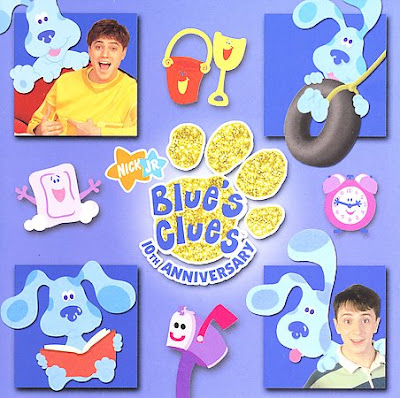But all the angst-y right-wing commentary on the non-wedding of the season is fair game. Not to mention easy pickins! Here's what Lisa Schiffren of the National Review had to say (via Hugo Schwyzer):
I certainly don’t know if they should have gotten married. You’d have thought so . . . even if it didn’t last forever. Better odds for the kid. [My emphasis.] If the parents didn’t like it, well, they should have thought about that when they were drinking and fooling around. But, as we all know, shotgun marriages lead to plenty of unhappiness, some of the time. And very young marriages have a lousy track record. So parents of the expecting teens are not willing to push. And maybe they are sometimes right. Still, the default position of the girl, left on her own with the baby, now in serious and immediate need of further education and a set of remunerative skills with which to support herself and Tripp, which will be harder to acquire with her maternal responsibilities, isn’t much of a happy picture either.Hugo rightly points out the pity, condescension, and ethical bankruptcy in Schiffren's position. Amanda Marcotte argues that the pressure put on Bristol and Levi to redeem her pregnancy through coerced marriage reveals how ultimately, conservative anti-sex fury punishes men, too, by pushing them into unwanted and possibly loveless marriages.
For all of the high-minded discussion of marriage policy on these pages and elsewhere, to me it looks very late. That train left a while ago. Even Corner readers, who will discuss choosing life vs. abortion, with endless passion, do not get so worked up about marriage. Which is why all I have to say is, “poor girl.”
Yes to all that. But I think the punishment goes deeper than the shotgun marriages that even Schriffren can't quite stomach. Schiffren unwittingly exposes this deeper dimension when she writes: "Better odds for the kid." I read that and thought: Which kid? Because Tripp is not the only child in this story! Bristol was 17 when she became pregnant!
In my book, that's still a kid. But in the anti-sex reactionary playbook, as soon as you have sex and get caught out - that is, if you turn up pregnant - you're disqualified from being a kid anymore. And since abortion isn't an option, you've got no choice but to plunge pell-mell into adulthood, whether you're 17 or 13.
I understand that a young parent will have to grow up faster than usual and meet the challenges of parenthood. Having had two babies, I know that babies impose their own limits and constraints, and unless you give your child up for adoption, your old freedom is toast. That doesn't mean young teen parents will instantly grow up, however. They are still kids - cognitively, emotionally, behaviorally - even if they rise to the challenge. This is why a pregnant child should always have the option to terminate, with or without parental permission; no one should be forced to grow up so fast. But if she does choose to carry the pregnancy to term, she deserves massive support to let her finish her education and maybe even have some fun once in a while. She deserves to enjoy whatever vestiges of childhood remain.
Imposing premature adulthood on pregnant girls and their partners as a punishment is just the flip side of seeing a baby as a righteous punishment for having sex. Both attitudes betray a profound contempt for children.

















